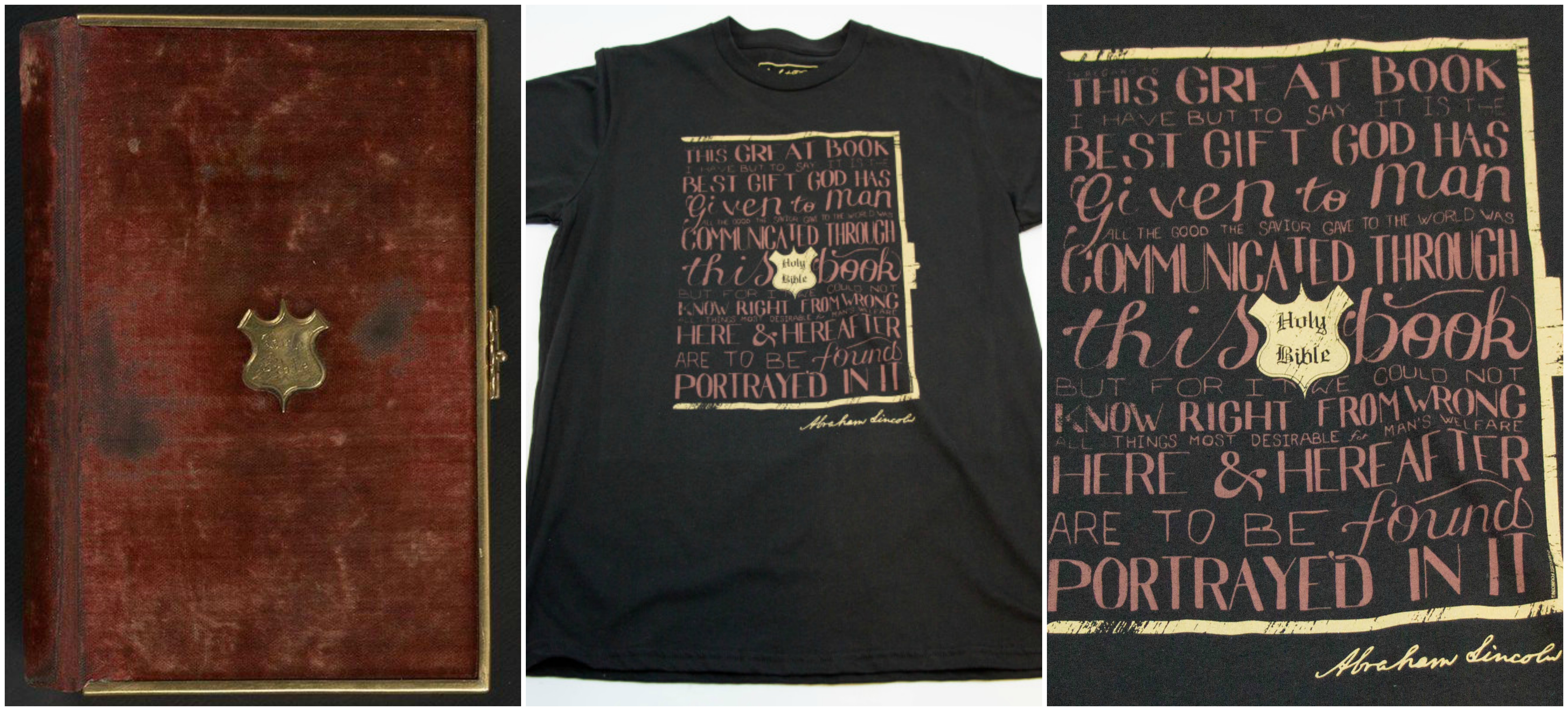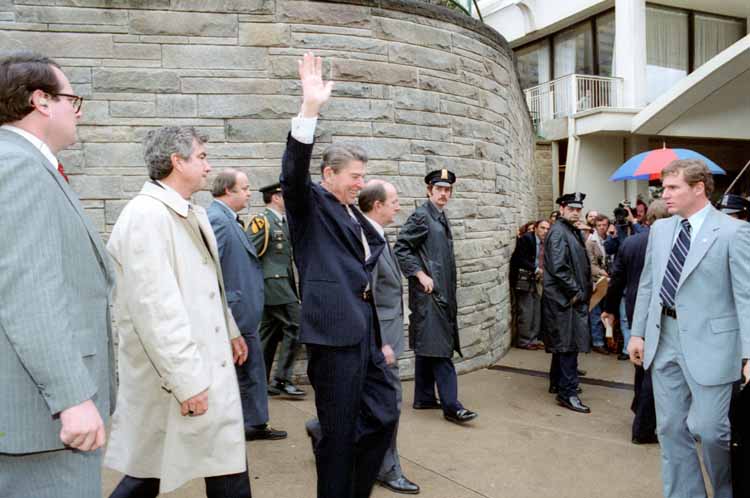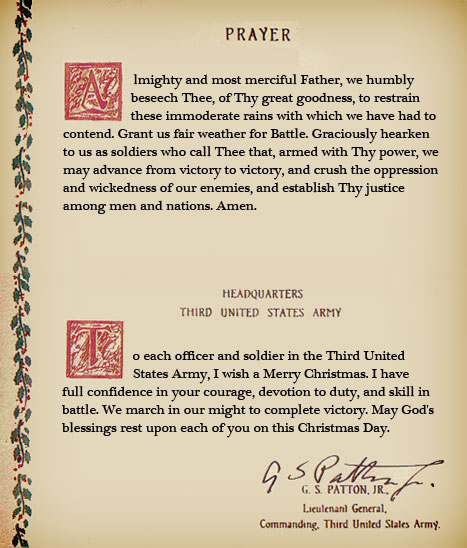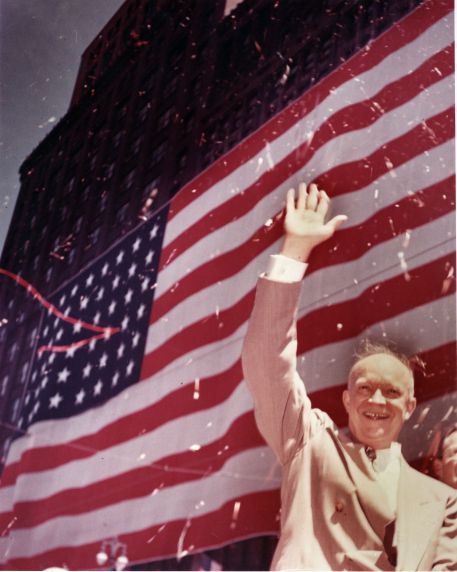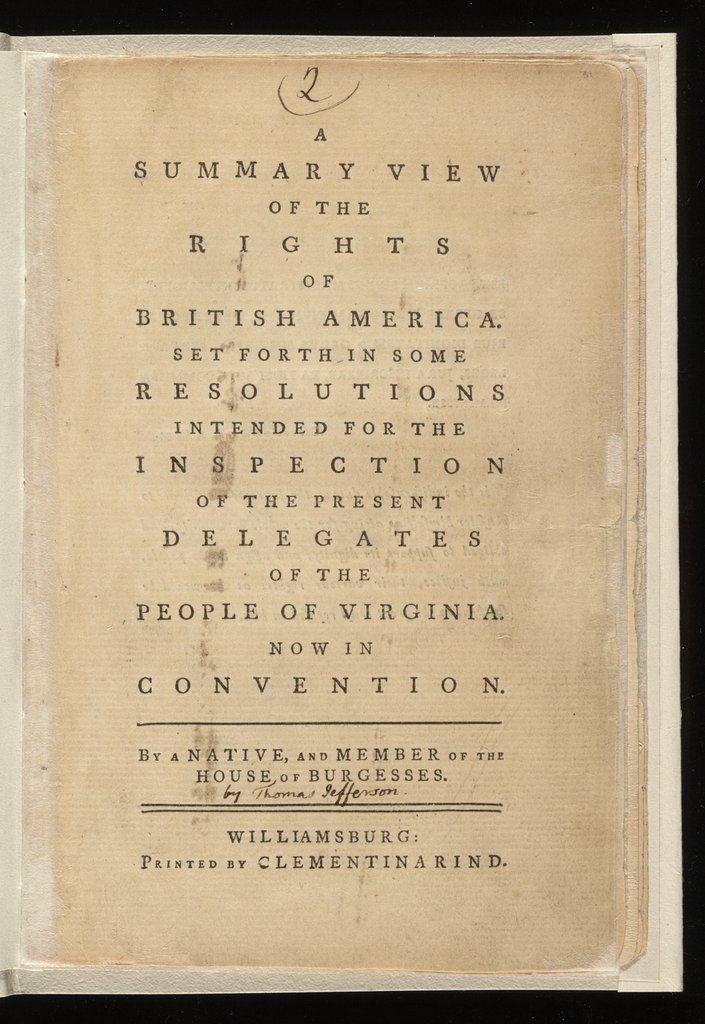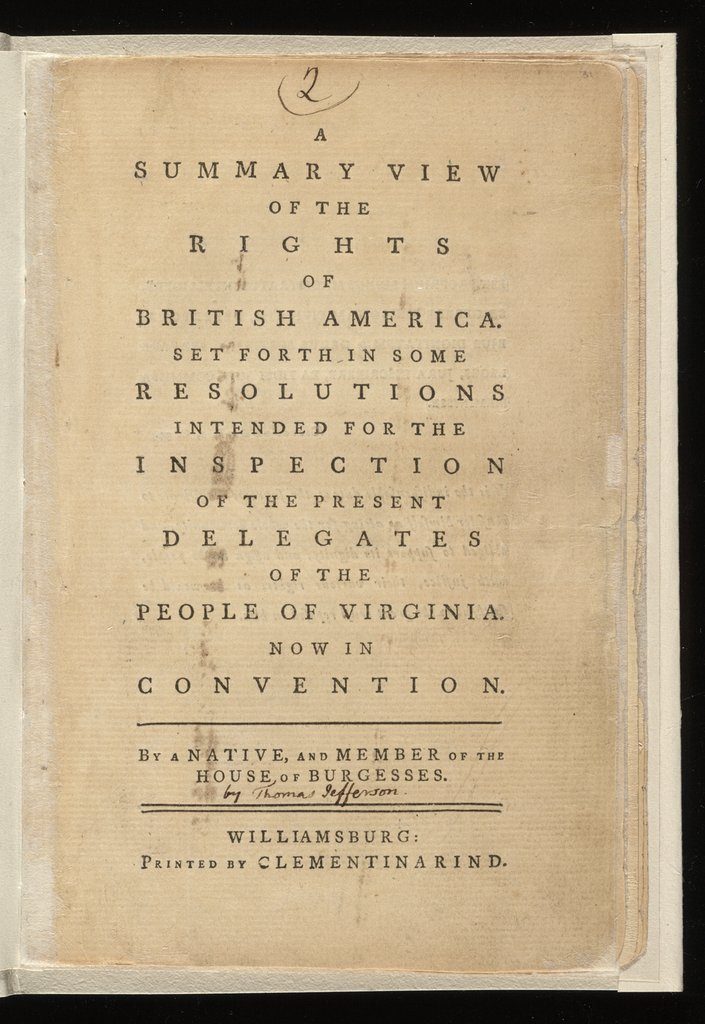On this day in 1790, preeminent Founding Father, and “The First American,” Benjamin Franklin dies at age 84 in his adopted home of Philadelphia.
Franklin served as a legislator in Pennsylvania, as a diplomat in England and France, and this prolific patriot (who was also a printer, scientist, statesman, etc.) is the only person to have signed the Declaration of Independence (1776), the Treaty of Alliance with France (1778), the Treaty of Paris (1783) and the U.S. Constitution (1787).
Even in his early twenties, his wit and wisdom was on full display. For today’s post, it’s especially noteworthy that in 1728 he wrote his own epitaph, revising and sharing it with friends throughout his life. Here is one such version, with a copy below:
The Body of Ben Franklin Printer,
Like the Cover of an old Book
Its contents torn out
And stript of its Lettering & Gilding,
Lies here Food for the Worms,
yet the Work shall not be lost:
For it will, as he believed, appear once more
In a new & most beautiful Edition,
Corrected and amended by the Author.
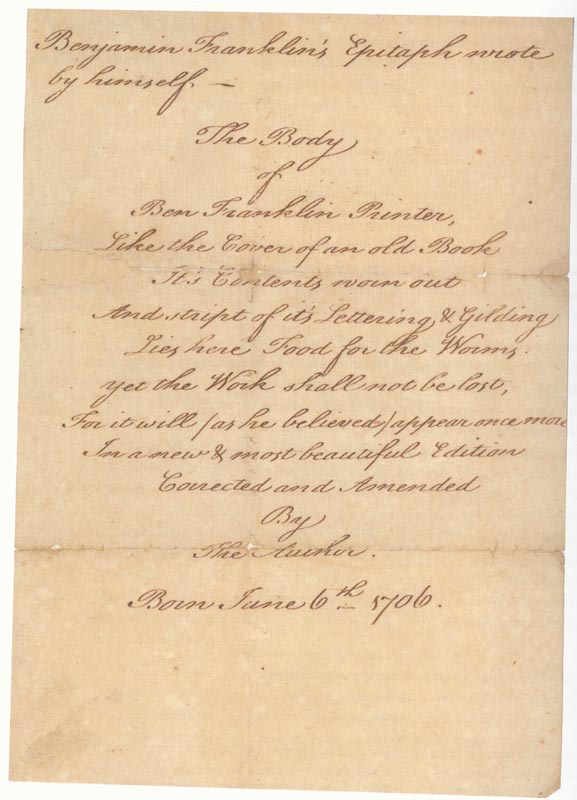
Benjamin Franklin “lived a long time…”
At age 81, as the elder statesman at the Constitution Convention in his adopted home, Franklin urged the Assembly toward morning “prayers imploring the assistance of Heaven, and its blessings on [their] deliberations.” In so doing, he made this famous quote, which inspired Our Benjamin Franklin shirt:


